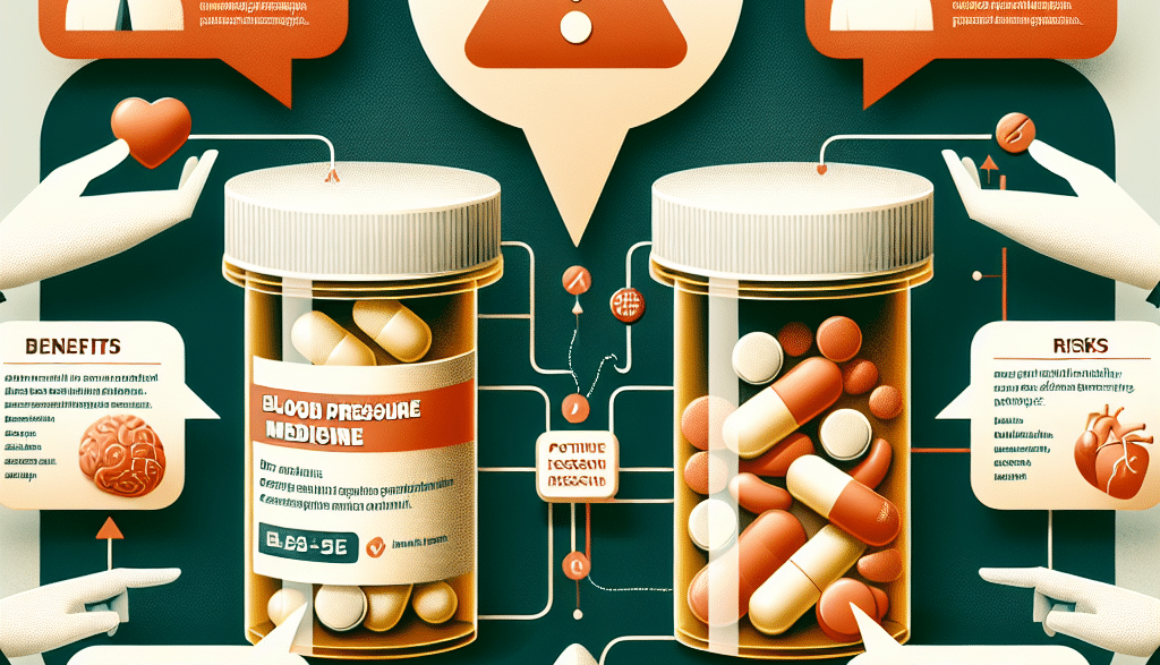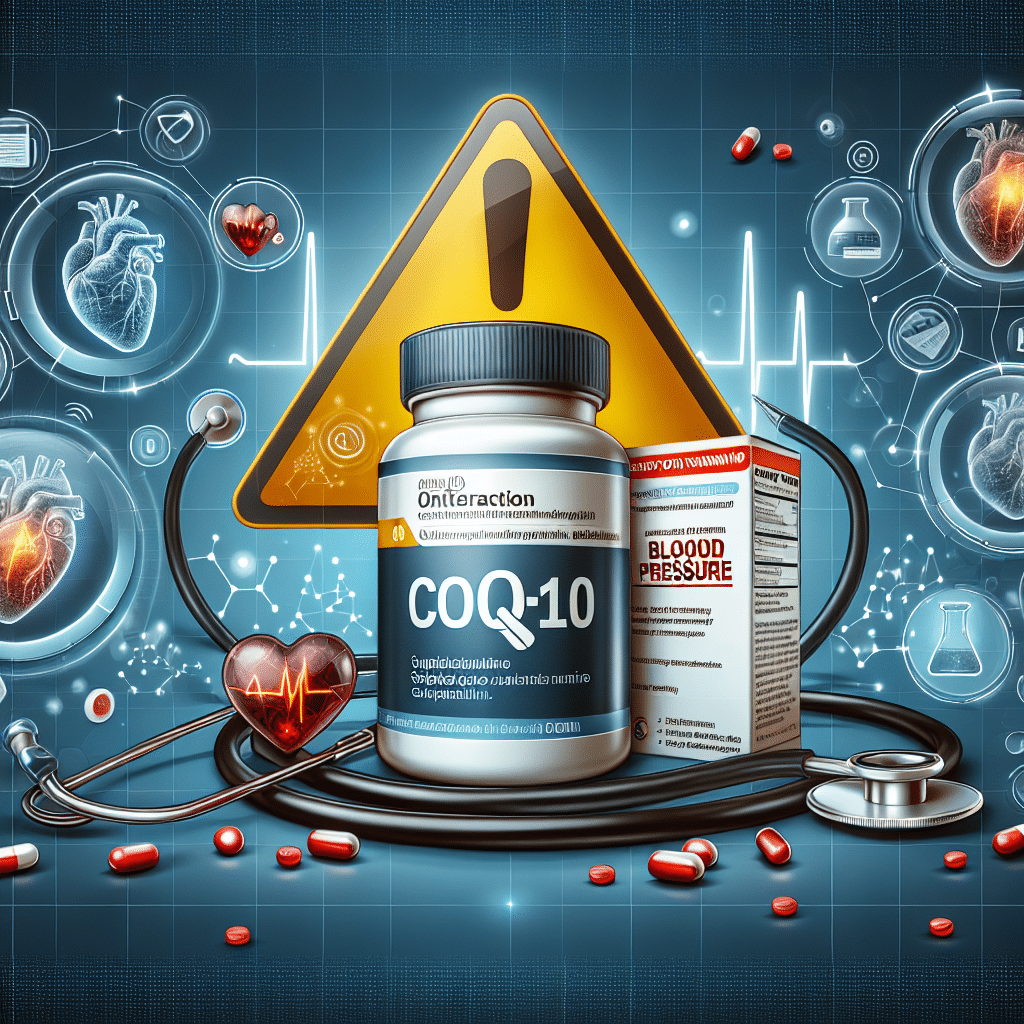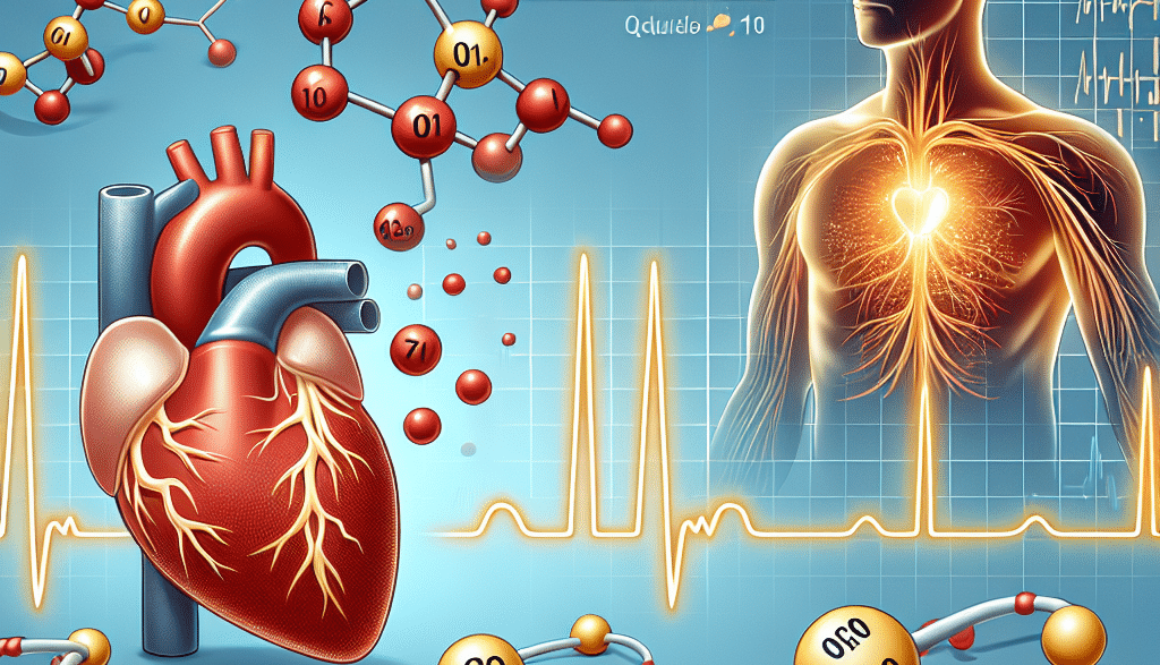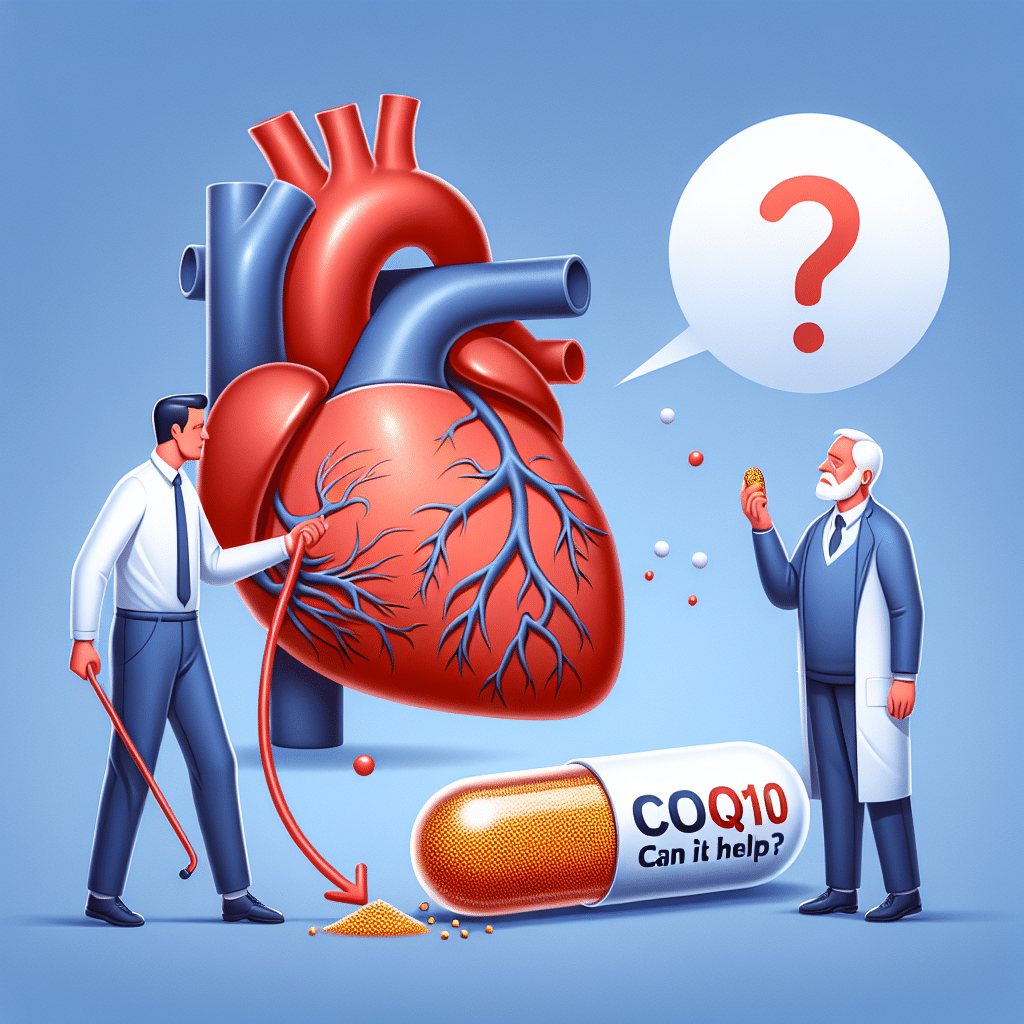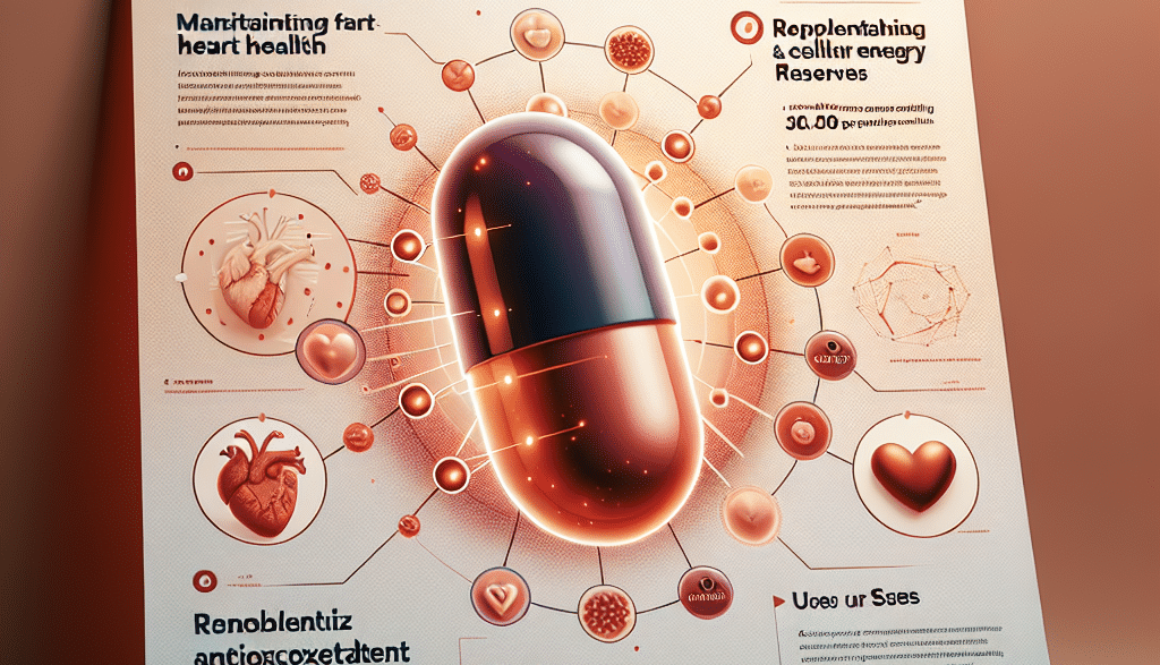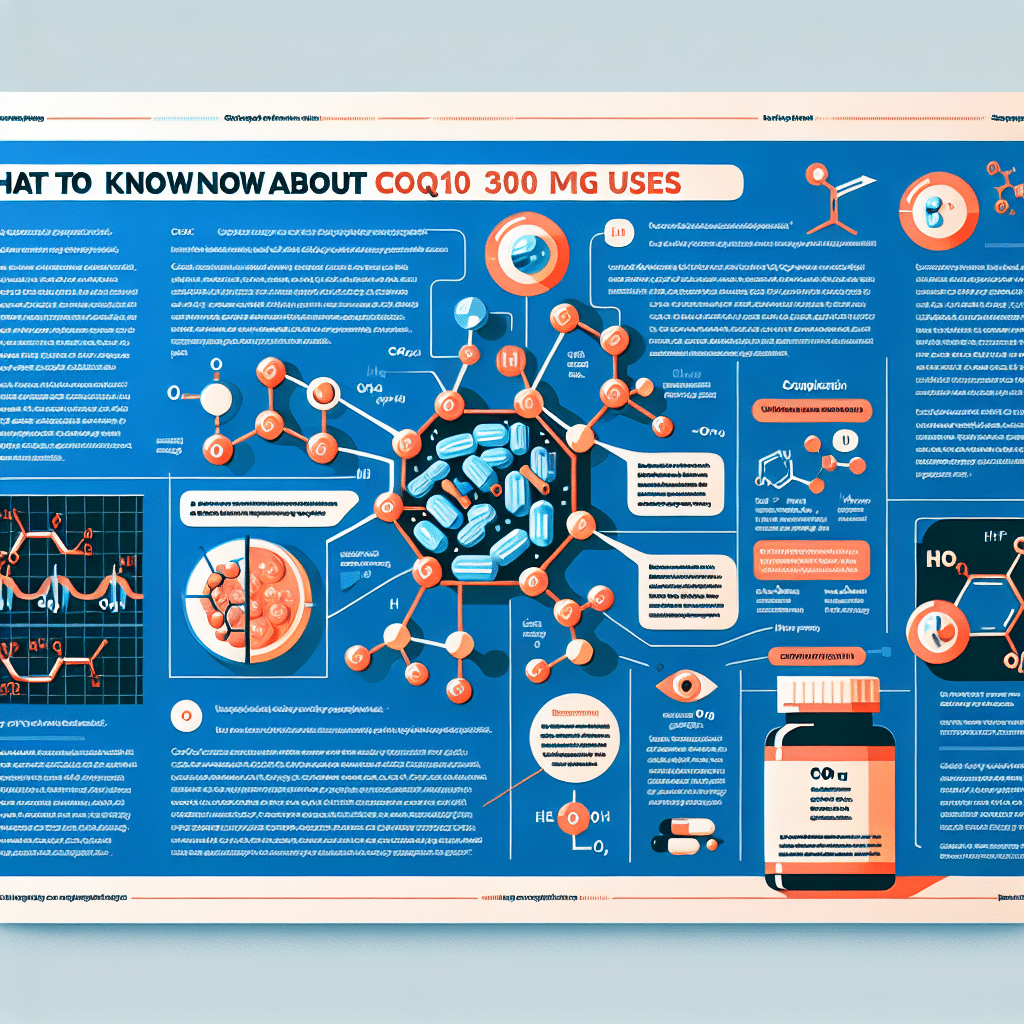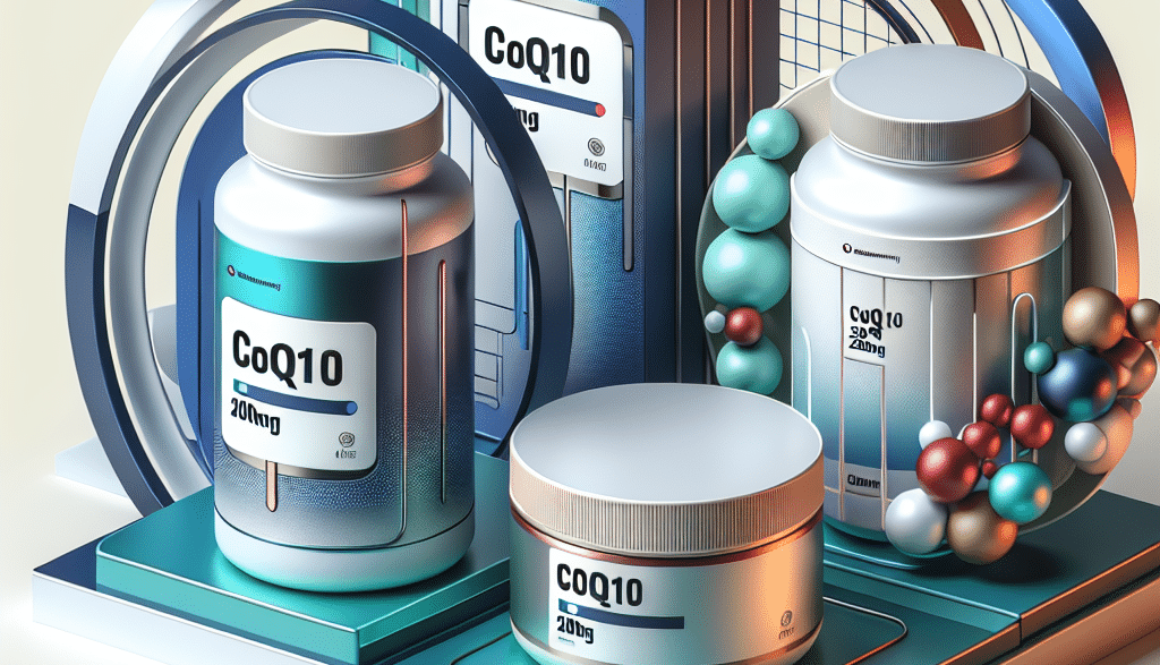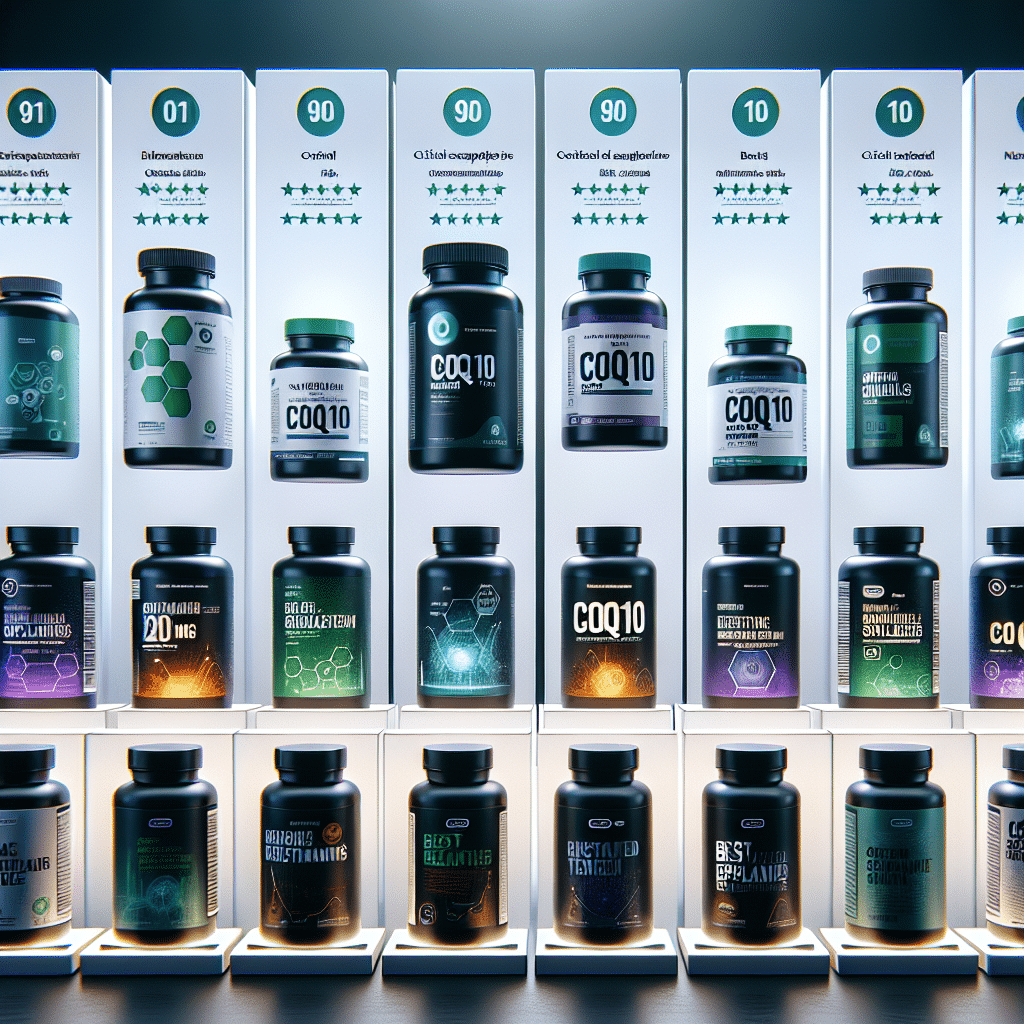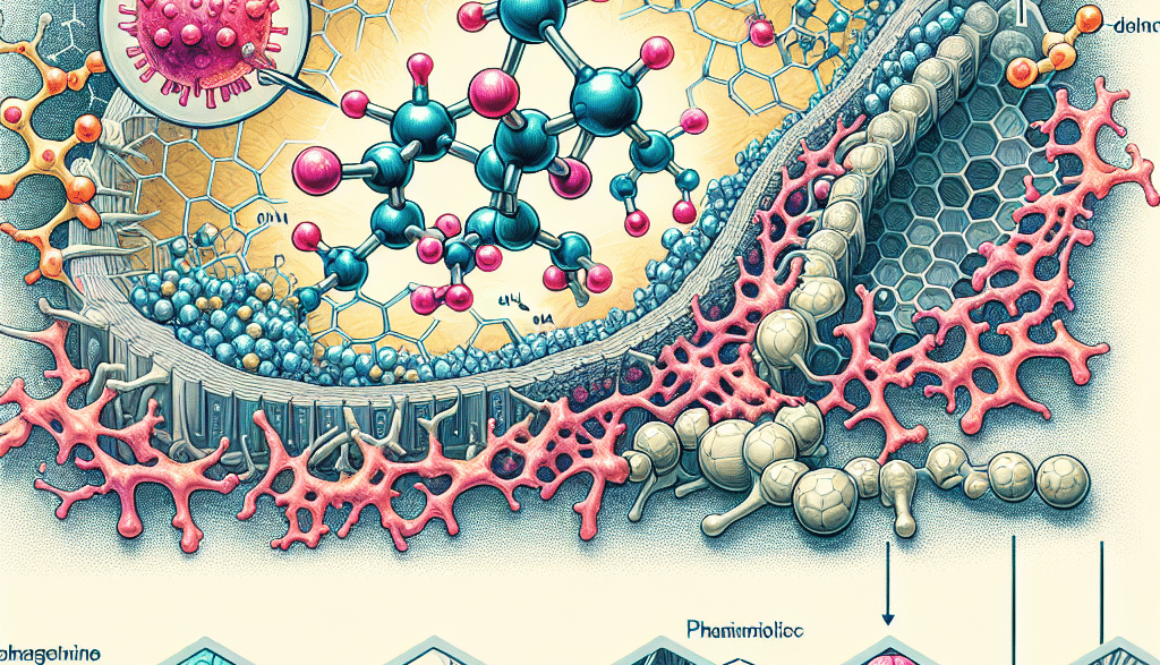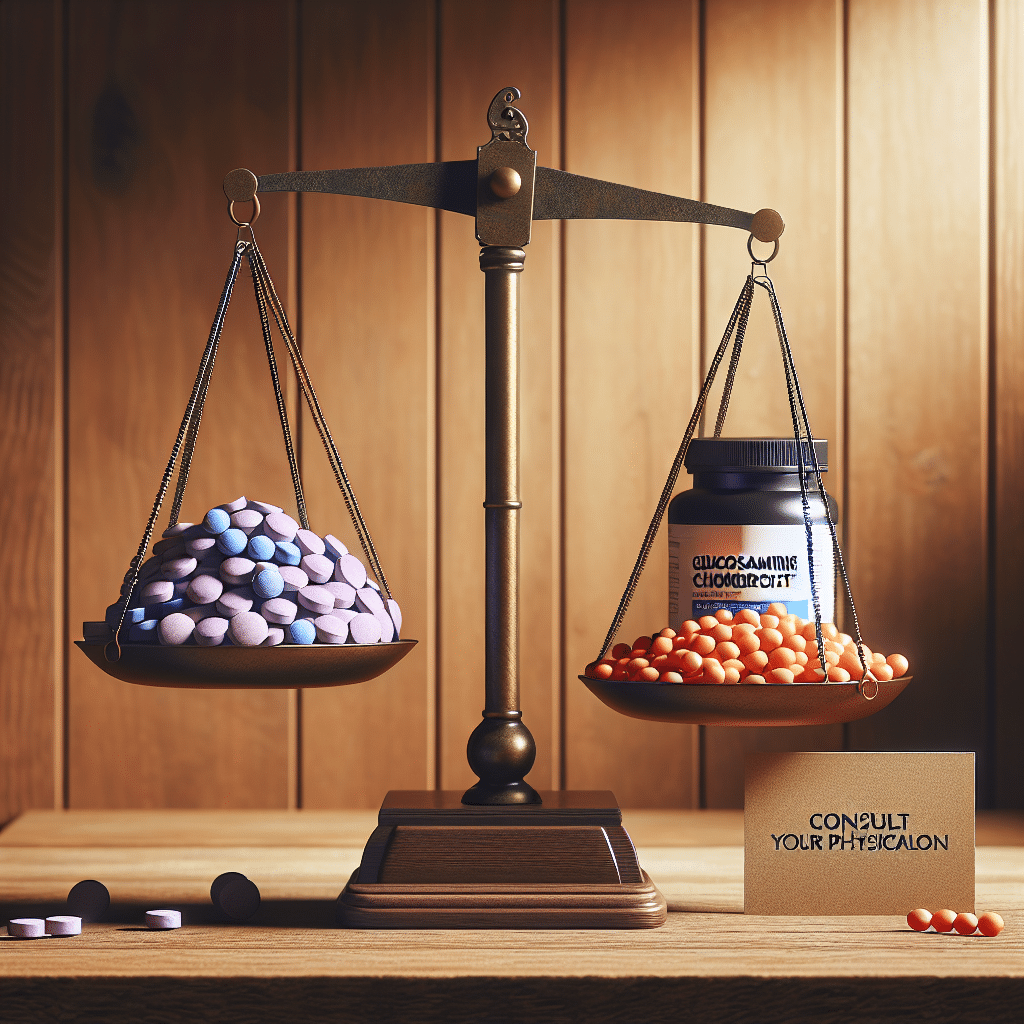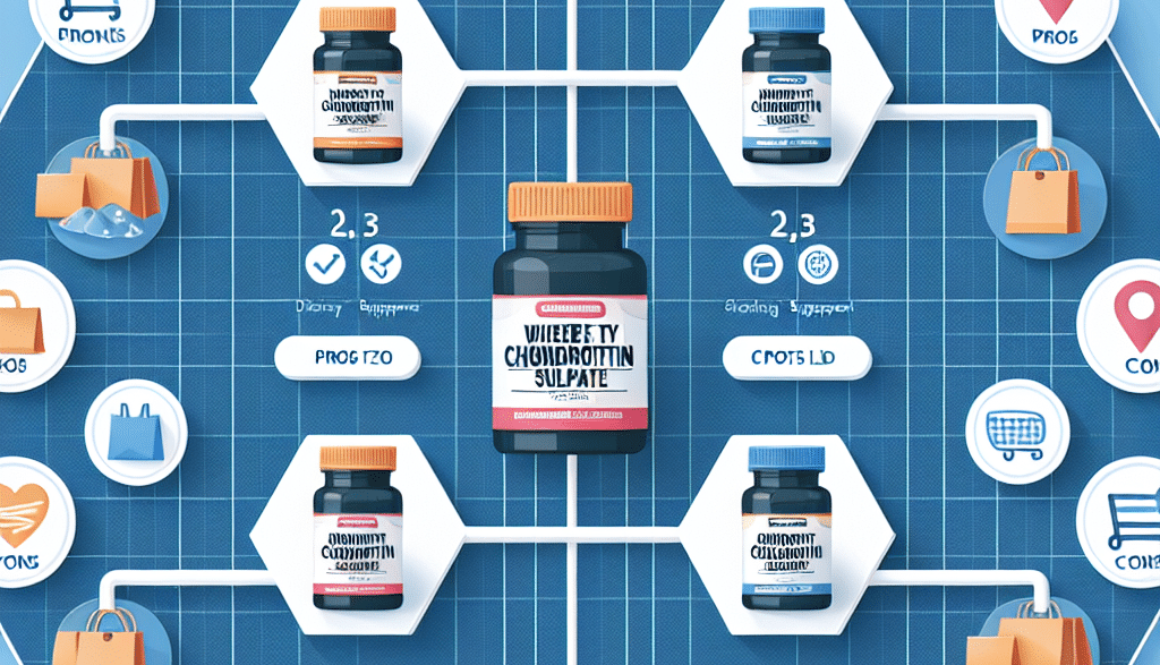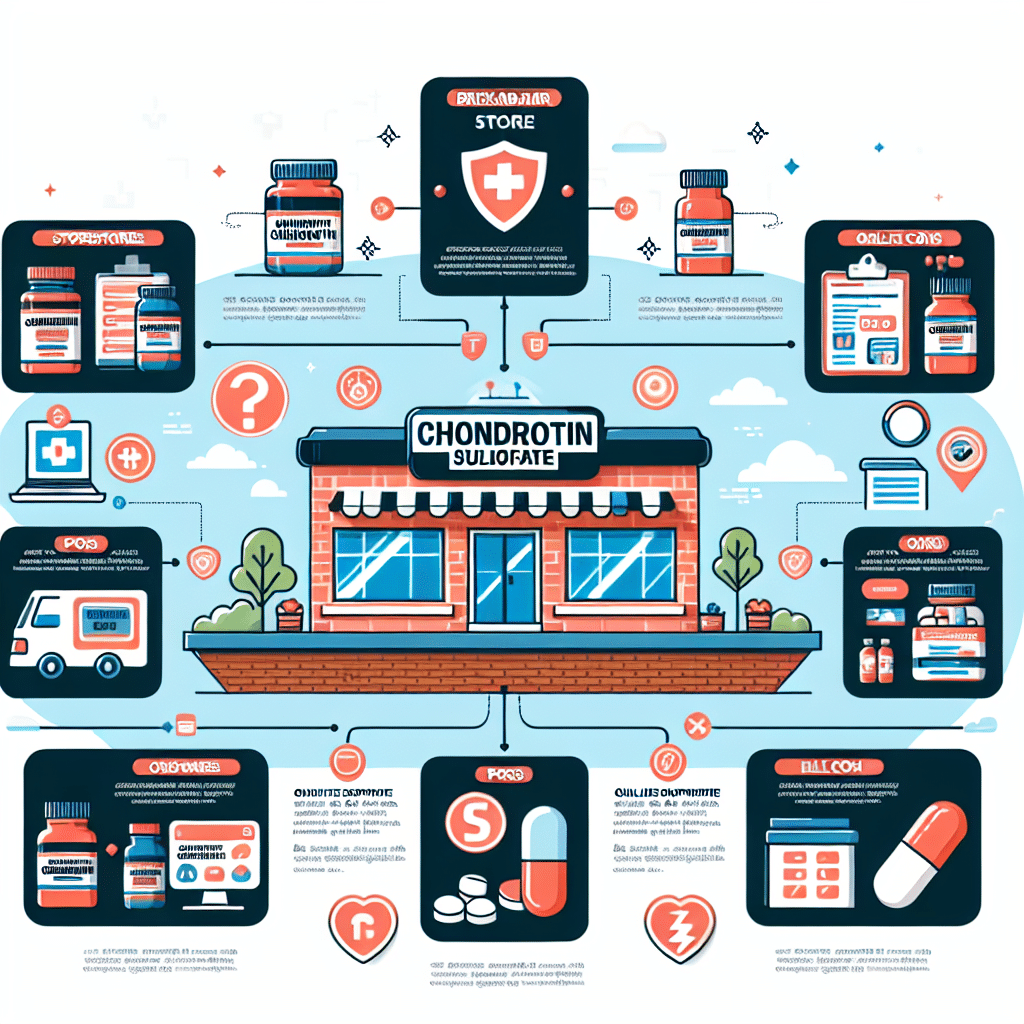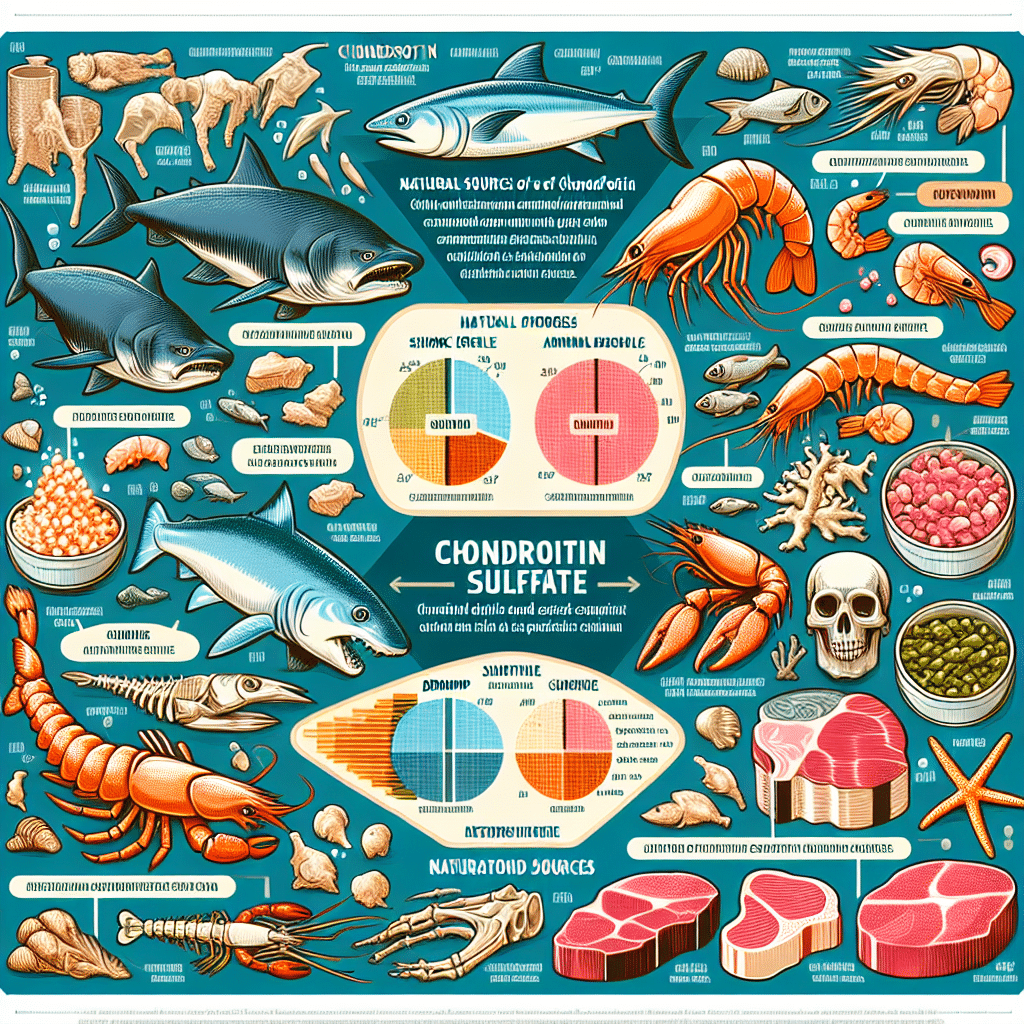CoQ10 and Blood Pressure Medicine: Interaction Risks
-
Table of Contents
- CoQ10 and Blood Pressure Medication: Understanding Interaction Risks
- The Role of CoQ10 in Cardiovascular Health
- Common Blood Pressure Medications
- Potential Interactions Between CoQ10 and Blood Pressure Medications
- CoQ10 and Beta-Blockers
- CoQ10 and Blood Pressure-Lowering Effects
- CoQ10 and Anticoagulants
- Research and Case Studies on CoQ10 Interactions
- Guidelines for Safe Use of CoQ10 with Blood Pressure Medications
- Conclusion: Balancing Benefits and Risks
- Discover ETChem’s Protein Products
CoQ10 and Blood Pressure Medication: Understanding Interaction Risks
High blood pressure, or hypertension, is a common health issue that affects millions of people worldwide. It’s often managed with a variety of medications designed to lower blood pressure and reduce the risk of cardiovascular events. Coenzyme Q10 (CoQ10), a naturally occurring antioxidant, has been touted for its potential benefits in cardiovascular health, including blood pressure management. However, when it comes to combining CoQ10 with blood pressure medications, there are potential interaction risks that patients and healthcare providers should be aware of.
The Role of CoQ10 in Cardiovascular Health
CoQ10 plays a crucial role in the production of energy within the cells, particularly in the heart, which requires a significant amount of energy to function effectively. It also acts as an antioxidant, protecting cells from damage caused by harmful molecules known as free radicals. Some studies suggest that CoQ10 supplementation can help lower blood pressure in individuals with hypertension, though the evidence is not conclusive.
Common Blood Pressure Medications
There are several classes of blood pressure medications, each working in different ways to lower blood pressure. These include:
- Angiotensin-converting enzyme (ACE) inhibitors
- Angiotensin II receptor blockers (ARBs)
- Beta-blockers
- Calcium channel blockers
- Diuretics
Each of these medications has a specific mechanism of action and potential side effects, and they may interact differently with CoQ10.
Potential Interactions Between CoQ10 and Blood Pressure Medications
While CoQ10 is generally considered safe, it can interact with certain blood pressure medications, potentially altering their effectiveness or increasing the risk of adverse effects. Here are some of the known interaction risks:
CoQ10 and Beta-Blockers
Beta-blockers, which are commonly prescribed for hypertension, can deplete the body’s natural stores of CoQ10. This depletion may exacerbate the side effects of beta-blockers, such as fatigue and exercise intolerance. Supplementing with CoQ10 may help mitigate these side effects, but it should be done under medical supervision to avoid potential interactions.
CoQ10 and Blood Pressure-Lowering Effects
CoQ10 may have a mild blood pressure-lowering effect on its own. When taken in conjunction with blood pressure medications, there is a risk that it could potentiate the effect of these drugs, leading to blood pressure that is too low (hypotension). This could result in symptoms such as dizziness, lightheadedness, and fainting.
CoQ10 and Anticoagulants
Although not a direct blood pressure medication, anticoagulants are often prescribed to patients with cardiovascular issues. CoQ10 has a chemical structure similar to vitamin K, which is known to affect blood clotting. There is a theoretical risk that CoQ10 could reduce the effectiveness of anticoagulants like warfarin, although this interaction has not been well-documented.
Research and Case Studies on CoQ10 Interactions
Several studies have explored the potential benefits and risks of CoQ10 supplementation in conjunction with blood pressure medications. For example, a meta-analysis published in the Journal of Human Hypertension found that CoQ10 has the potential to lower systolic blood pressure by up to 17 mmHg and diastolic blood pressure by 10 mmHg. However, the authors caution that more research is needed to fully understand the interactions and to establish appropriate dosing guidelines.
Case studies have also highlighted individual instances where CoQ10 supplementation either improved outcomes or caused unexpected side effects when taken with blood pressure medications. These anecdotal reports underscore the importance of personalized medical advice when considering CoQ10 supplementation.
Guidelines for Safe Use of CoQ10 with Blood Pressure Medications
For those considering CoQ10 supplements while on blood pressure medication, the following guidelines can help ensure safe use:
- Consult with a healthcare provider before starting CoQ10 supplementation, especially if you are taking blood pressure medication.
- Monitor blood pressure regularly to detect any significant changes that may occur after starting CoQ10.
- Be aware of the signs of hypotension and report any concerning symptoms to your doctor immediately.
- Do not discontinue or adjust the dosage of your blood pressure medication without medical advice.
Conclusion: Balancing Benefits and Risks
CoQ10 has potential benefits for cardiovascular health, but it must be used cautiously, particularly in combination with blood pressure medications. Understanding the interaction risks and closely monitoring one’s health are essential steps in safely incorporating CoQ10 into a treatment regimen. As with any supplement, it should be used as part of a comprehensive approach to health that includes diet, exercise, and regular medical check-ups.
Discover ETChem’s Protein Products
In addition to understanding the interaction between CoQ10 and blood pressure medications, it’s important to consider overall health and wellness. ETChem’s protein products can be a valuable addition to a balanced diet, supporting cardiovascular health and general well-being. Their high-quality collagen products are suitable for various applications, from nutraceuticals to food and beverage enhancements.
About ETChem:
ETChem, a reputable Chinese Collagen factory manufacturer and supplier, is renowned for producing, stocking, exporting, and delivering the highest quality collagens. They include marine collagen, fish collagen, bovine collagen, chicken collagen, type I collagen, type II collagen and type III collagen etc. Their offerings, characterized by a neutral taste, instant solubility attributes, cater to a diverse range of industries. They serve nutraceutical, pharmaceutical, cosmeceutical, veterinary, as well as food and beverage finished product distributors, traders, and manufacturers across Europe, USA, Canada, Australia, Thailand, Japan, Korea, Brazil, and Chile, among others.
ETChem specialization includes exporting and delivering tailor-made collagen powder and finished collagen nutritional supplements. Their extensive product range covers sectors like Food and Beverage, Sports Nutrition, Weight Management, Dietary Supplements, Health and Wellness Products, ensuring comprehensive solutions to meet all your protein needs.
As a trusted company by leading global food and beverage brands and Fortune 500 companies, ETChem reinforces China’s reputation in the global arena. For more information or to sample their products, please contact them and email karen(at)et-chem.com today.

